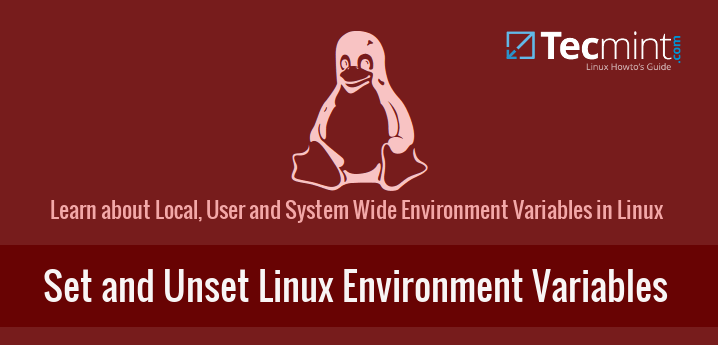Environment Variables are some special variables that are defined in shell and are needed by programs while execution. They can be system defined or user defined. System defined variables are those which are set by system and are used by system level programs.
In Broader terms, an environment variable can be in three types:
1. Local Environment Variable
One defined for the current session. These environment variables last only till the current session, be it remote login session, or local terminal session. These variables are not specified in any configuration files and are created, and removed by using a special set of commands.
▬▬▬▬▬▬▬▬▬▬▬▬▬▬▬▬▬▬▬▬▬▬▬▬▬▬▬▬▬
► Read more: http://adf.ly/1n5X06
▬▬▬▬▬▬▬▬▬▬▬▬▬▬▬▬▬▬▬▬▬▬▬▬▬▬▬▬▬

No comments:
Post a Comment